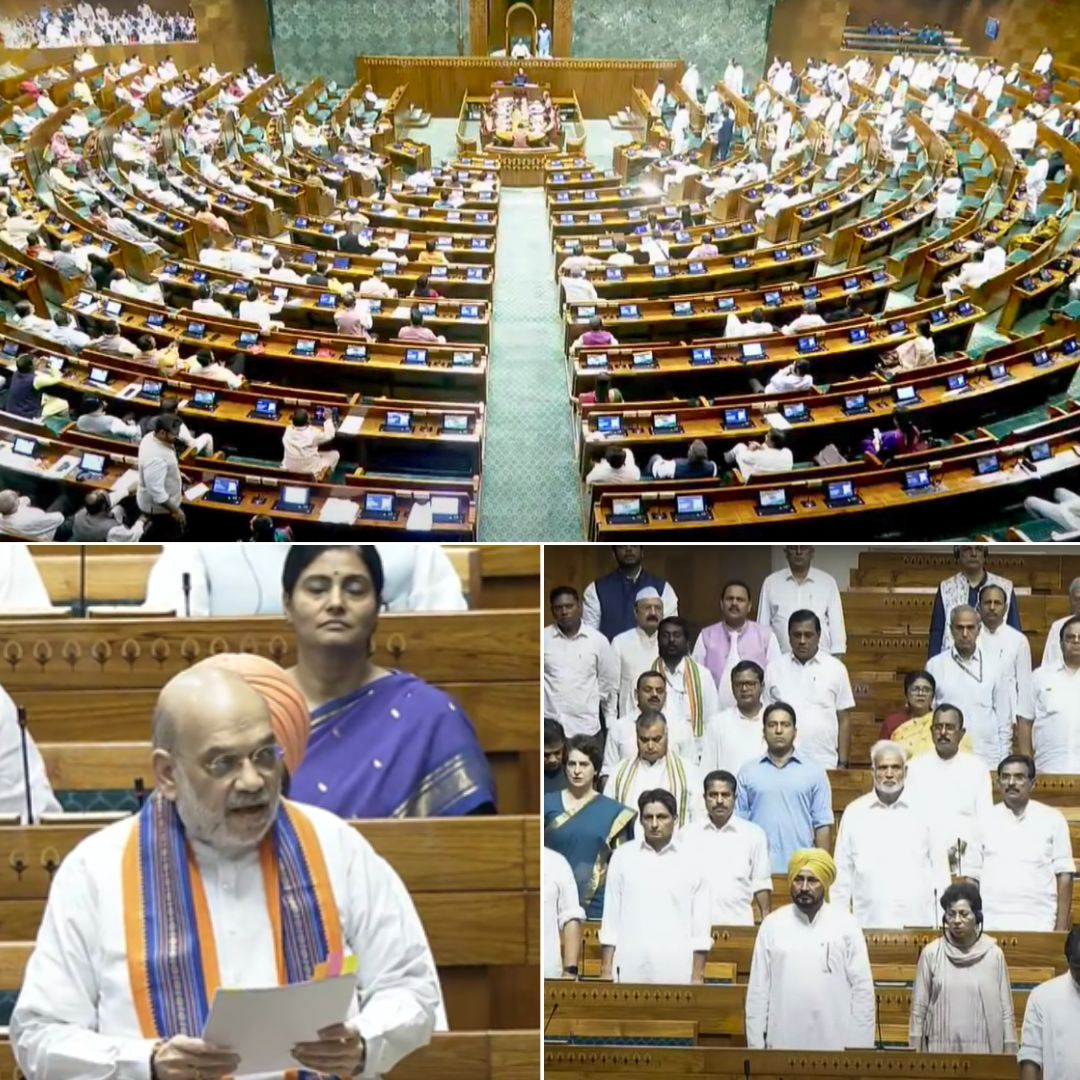Twelve bills were passed by the Lok Sabha and fourteen by the Rajya Sabha during the recently concluded month-long Monsoon Session of Parliament, which lasted from July 21 to August 21, 2025. Marked by frequent disruptions, adjournments, and walkouts, the session brought to the fore sharp confrontations between the ruling coalition and Opposition parties.
While the government hailed the legislative achievements amid a tumultuous environment, Opposition leaders criticised what they termed as the “undermining of democratic debate” and “hasty passage” of contentious bills. This session encapsulated the ongoing struggle in Indian democracy to balance efficient governance with meaningful parliamentary dialogue.
Legislative Work Amidst Tumultuous Debates
Despite the disruptions, Parliament cleared a range of important bills touching on governance reforms, social policies, and financial regulations. Among the key legislations passed were the Constitution (One Hundred and Thirtieth Amendment) Bill, 2025, which stirred controversy for its implications on state governance, and amendments related to Jammu and Kashmir’s administrative framework.
Union Parliamentary Affairs Minister Kiren Rijiju, reflecting on the session, acknowledged the challenges posed by frequent interruptions but characterised the proceedings as “productive” due to the number and significance of the bills passed. Speaker Om Birla expressed concern over the time lost to adjournments and called for upholding the decorum and dignity of Parliament.
From the Opposition’s perspective, the session was marked by frustration and protest. Congress leader Priyanka Gandhi Vadra described several bills as “draconian,” accusing the government of using its majority to suppress dissent and curtail the autonomy of states.
Trinamool Congress’s Abhishek Banerjee, among others, engaged in vocal walkouts and protests within the Houses, voicing concerns over what they viewed as an erosion of democratic principles and a lack of genuine debate.
The opposition’s discontent was not limited to the bills alone but extended to procedural issues such as inadequate discussion time and the sidelining of key questions related to unemployment, inflation, and national security.
Background: A Pattern of Parliamentary Discord
The 2025 Monsoon Session has unfolded amidst rising political polarisation in India’s Parliament, continuing a pattern seen in recent years where clashes between government and Opposition have become increasingly dramatic and disruptive. The backdrop to the session included several pressing national issues, most notably the government’s response to the recent Pahalgam terror attack and the ongoing Operation Sindoor, which have added urgency to national security debates.
Yet, the manner in which the government sought to push through multiple controversial bills was perceived by Opposition parties as cavalier, sparking repeated walkouts and slogans.
Political analysts note that the increasing frequency of such disruptions highlights a deeper institutional challenge: how to preserve the accountability and deliberative role of Parliament while ensuring legislative productivity.
With the rising use of disruptions as a tactical measure, meaningful discussion often gives way to confrontation, making it harder for MPs to engage in substantive debate or constituency representation. This erosion of parliamentary decorum has raised concerns both within and outside political circles about the health of India’s democratic process.
The Logical Indian’s Perspective
The Logical Indian believes that Indian democracy’s strength lies in its ability to accommodate constructive disagreement through dialogue, empathy, and respect for different viewpoints.
The legislation passed during this session will shape India’s future, but the process must reflect inclusivity, transparency, and seriousness of debate. Parliament should be a space where diverse voices are heard, contentious issues are debated with patience, and laws are shaped through consensus rather than coercion.
In this spirit, The Logical Indian urges all political actors to prioritise dialogue over disruption and to cultivate a culture of cooperation even amid political differences.












